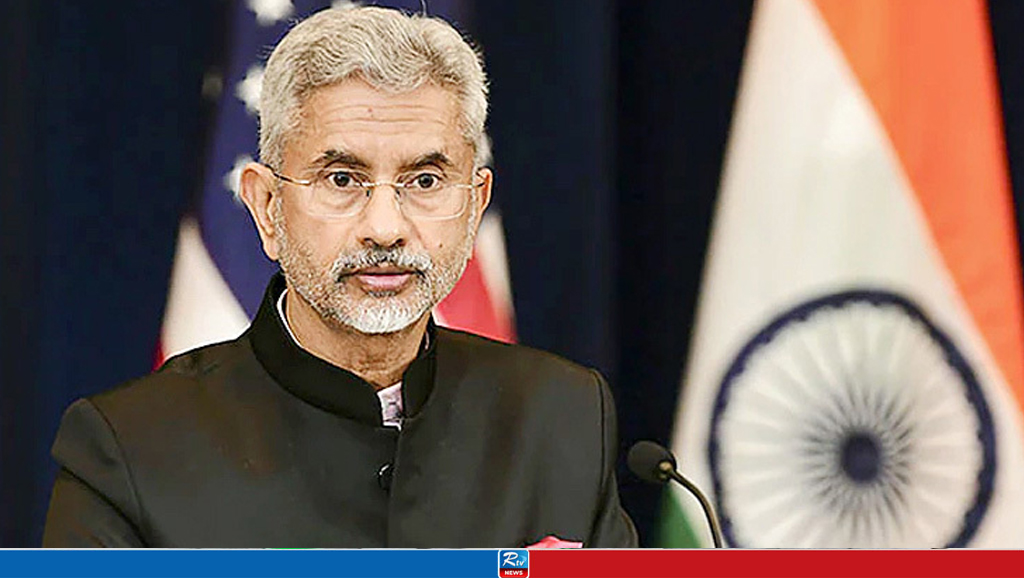Bangladesh made strides in cutting child, maternal mortality: WHO

Bangladesh is among countries that showed “substantial progress” in reducing child or maternal mortality, according to the World Health Organization (WHO).
More women and their children are surviving today than ever before, according to new child and maternal mortality estimates released by United Nations groups led by Unicef and WHO.
Despite progress, a pregnant woman or a newborn dies somewhere in the world every 11 seconds.
Since 2000, child deaths have reduced by nearly half and maternal deaths by over one-third, mostly due to improved access to affordable, quality health services, according to a media released issued from New York on Friday.
The world has made substantial progress in reducing child and maternal mortality. Since 1990, there has been a 56% reduction in deaths of children under 15 from 14.2 million deaths to 6.2 million in 2018.
Bangladesh, Belarus, Cambodia, Kazakhstan, Malawi, Morocco, Mongolia, Rwanda, Timor-Leste and Zambia are some of the countries that have shown substantial progress in reducing child or maternal mortality, according to WHO.
Success has been due to political will to improve access to quality healthcare by investing in the health workforce, introducing free care for pregnant women and children and supporting family planning, WHO says.
Many of these countries focus on primary healthcare and universal health coverage.
“In countries that provide everyone with safe, affordable, high-quality health services, women and babies survive and thrive,” said Dr Tedros Adhanom Ghebreyesus, Director-General of WHO. “This is the power of universal health coverage.”
But the new estimates reveal that 6.2 million children under 15 years of age died in 2018, and over 2,90,000 women died due to complications during pregnancy and childbirth in the year before.
Of the total child deaths, 5.3 million occurred in the first 5 years, with almost half of these in the first month of life.
Women and newborns are most vulnerable during and immediately after childbirth. An estimated 2.8 million pregnant women and newborns die every year, or 1 every 11 seconds, mostly of preventable causes, the new estimates say.
Children face the highest risk of dying in the first month, especially if they are born too soon or too small, have complications during birth, congenital defects, or contract infections. About a third of these deaths occur within the first day and nearly three quarters in the first week alone.
“Around the world, birth is a joyous occasion. Yet, every 11 seconds, a birth is a family tragedy,” said Henrietta Fore, Unicef Executive Director.
“A skilled pair of hands to help mothers and newborns around the time of birth, along with clean water, adequate nutrition, basic medicines and vaccines, can make the difference between life and death. We must do all it takes to invest in universal health coverage to save these precious lives,” Fore said.
The estimates also show vast inequalities worldwide, with women and children in sub-Saharan Africa facing a substantially higher risk of death than in all other regions.
Levels of maternal deaths are nearly 50 times higher for women in sub-Saharan Africa and their babies are 10 times more likely to die in their first month of life, compared to high-income countries.
Source: UNB
AH
Comments
Rtv Marks 19 Years of Excellence, Steps Boldly into 20th Year

NASA Probe Survives Record-breaking Close Approach to Sun

HMPV Virus: A New Pandemic Threat?

Meta to Suspend Fact-Checking Amid Allegations of Bias

Diamond-made Battery to Last for a Thousand Years on a Single Charge

Meta to Lay Off 5% of Employees in Efficiency Drive

KUET Admission Test Results Published: How to Check


 Live Tv
Live Tv




